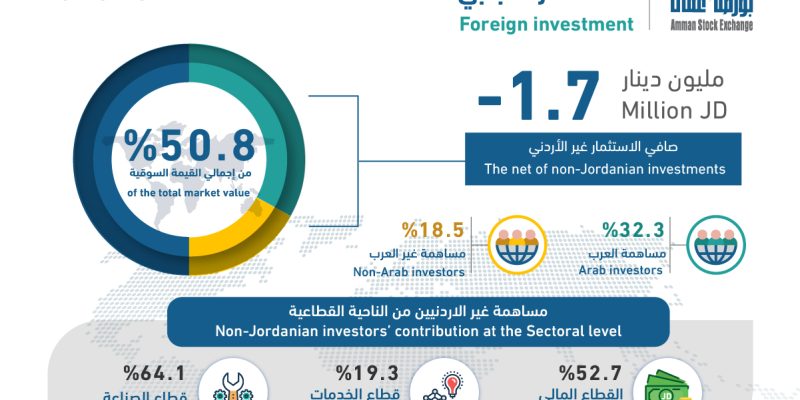ASE Exchange: Understanding the Basics of the Amman Stock Exchange

The ASE Exchange (Amman Stock Exchange) is Jordan’s primary stock market, playing a crucial role in the country’s economic development. Founded to facilitate the trading of securities, the ASE provides a regulated marketplace for investors, companies, and brokers to buy and sell financial instruments.
In this guide, we’ll explore the history, operations, and significance of the ASE Exchange in the financial ecosystem.
What Is the ASE Exchange?
The Amman Stock Exchange (ASE) is a financial institution responsible for organizing, supervising, and regulating securities trading in Jordan. It operates as a self-regulatory organization (SRO), ensuring transparency and fairness in the market.
Key Facts:
- Established: 1999, as a replacement for the Amman Financial Market.
- Ownership: Operates as a private, nonprofit entity.
- Market Participants: Includes investors, brokers, listed companies, and regulators.
Functions of the ASE Exchange
1. Facilitating Securities Trading
The ASE provides a platform for the trading of equities, bonds, and other financial instruments.
2. Regulating the Market
By enforcing rules and guidelines, the ASE ensures fair and transparent trading practices.
3. Promoting Investment
The ASE attracts local and foreign investors by offering a structured and regulated environment for investment opportunities.
4. Enhancing Economic Growth
As a key player in Jordan’s financial system, the ASE helps channel funds into productive investments, fostering economic growth.
How the ASE Exchange Operates
Trading Mechanism
The ASE uses an automated trading system to ensure efficiency and accuracy in transactions.
Market Segments
- Primary Market: For initial public offerings (IPOs) and new securities issuance.
- Secondary Market: Where previously issued securities are traded among investors.
Trading Hours
The ASE operates during specified trading hours, typically from Sunday to Thursday, excluding public holidays.
Key Indices on the ASE
The ASE tracks market performance through indices that measure the movement of listed stocks:
- ASE General Index: Tracks the overall market performance.
- Sectoral Indices: Focus on specific industries, such as banking, industrial, or services sectors.
Benefits of the ASE Exchange
1. Liquidity for Investors
The ASE provides a platform for investors to convert securities into cash efficiently.
2. Access to Capital for Companies
Listed companies can raise funds by issuing shares or bonds to the public.
3. Market Transparency
With strict regulations and disclosure requirements, the ASE ensures trust and confidence among investors.
4. Economic Impact
By facilitating investment and capital formation, the ASE contributes significantly to Jordan’s economic growth.
Challenges Faced by the ASE
1. Market Volatility
As with any stock exchange, market fluctuations can affect investor confidence.
2. Attracting Foreign Investors
Despite its potential, the ASE competes with larger regional and global exchanges for foreign investment.
3. Regulatory Challenges
Balancing innovation and strict compliance remains a constant challenge for the ASE.
Conclusion
The ASE Exchange serves as a cornerstone of Jordan’s financial market, offering a regulated and transparent environment for securities trading. By connecting investors and businesses, it plays a vital role in fostering economic growth and development.
Understanding how the ASE operates and its significance can empower both local and international investors to make informed decisions and explore opportunities within Jordan’s dynamic market.
FAQs
1.What is the ASE Exchange?
The ASE Exchange, or Amman Stock Exchange, is Jordan’s primary marketplace for trading equities, bonds, and other securities.
2.How does the ASE contribute to economic growth?
The ASE facilitates capital formation, supports businesses, and attracts investment, boosting Jordan’s economy.
3.What are the main indices on the ASE?
The ASE General Index and sector-specific indices track the performance of listed securities.
4.Is the ASE open to foreign investors?
Yes, the ASE welcomes foreign investment under specified guidelines and regulations.
5.What types of securities are traded on the ASE?
The ASE supports trading in equities, bonds, and other financial instruments.
Also read: Section II of the BOP: Understanding the Key Components











